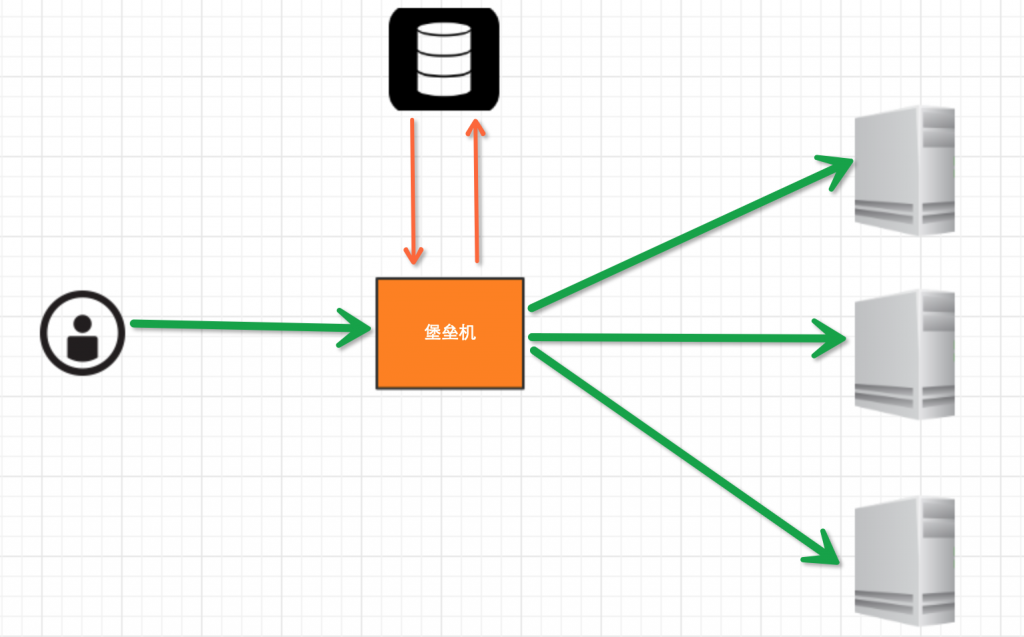我们来到郊外。啊,这是多美的 "绿毯 "呀!绿油油的,上面还挂着一颗颗晶莹的 "珍珠 ",太阳升起来, "珍珠 "就发出了彩虹似的光芒,不一会儿就消失了。我想:小 "珍珠 "一定是架起彩虹桥去太阳神的皇宫了。这时,一股股幽香扑入我的鼻中,好香啊,走,去瞧瞧。我们先来到一株红梅前,那梅花正开得灿烂,并且还散出阵阵清香。梅花的颜色也许只有九天的织女用早晨的红霞和晴午的白云在天机上织的轻绢,才可以比拟吧。我们又来到迎春花旁,迎春花正在开花。
一、单例模式
a、单例模式分为四种:文件,类,基于__new__方法实现单例模式,基于metaclass方式实现
b、类实现如下:
class Sigletion(objects):
import time
def __init__(self):
time.sleep(1)
@classmethod
def instance(cls,*args,**kwargs)
if not hasattr(Sigletion,'_instance'):
Sigletion._instance=Sigletion(*args,**kwargs)
return Sigletion._instance
import threading
daf task(arg):
obj=Sigletion.instance()
print(obj)
for i in range(10):
t=threading.Thread(target=task,args=[i,])
t.start()
c、基于__new__方法实现单例模式
import time
import threading
class Singleton(object):
_instance_lock=threading.Lock()
def __init__(self):
pass
def __new__(cls, *args, **kwargs):
if not hasattr(Singleton,"_instance"):
with Singleton._instance_lock:
if not hasattr(Singleton,"_instance"):
Singleton._instance=object.__new__(cls,*args,**kwargs)
return Singleton._instance
obj1=Singleton()
obj2=Singleton()
print(obj1,obj2)
def task(arg):
obj = Singleton()
print(obj)
for i in range(10):
t = threading.Thread(target=task,args=[i,])
t.start()
d、基于metaclass方式实现单例模式
"""
1.对象是类创建,创建对象时候类的__init__方法自动执行,对象()执行类的 __call__ 方法
2.类是type创建,创建类时候type的__init__方法自动执行,类() 执行type的 __call__方法(类的__new__方法,类的__init__方法)
# 第0步: 执行type的 __init__ 方法【类是type的对象】
class Foo:
def __init__(self):
pass
def __call__(self, *args, **kwargs):
pass
# 第1步: 执行type的 __call__ 方法
# 1.1 调用 Foo类(是type的对象)的 __new__方法,用于创建对象。
# 1.2 调用 Foo类(是type的对象)的 __init__方法,用于对对象初始化。
obj = Foo()
# 第2步:执行Foodef __call__ 方法
obj()
"""
import threading
class SingletonType(type):
_instace_lock=threading.Lock()
def __call__(cls, *args, **kwargs):
if not hasattr(cls, "_instance"):
with SingletonType._instace_lock:
if not hasattr(cls, "_instance"):
cls._instance = super(SingletonType,cls).__call__(*args, **kwargs)
return cls._instance
class Foo(metaclass=SingletonType):
def __init__(self,name):
self.name=name
obj1 = Foo('name')
obj2 = Foo('name')
print(obj1,obj2)
到此这篇关于Python中单例模式总结就介绍到这了。一旦选准自己要走的道路,就勇敢地走下去,再难也要坚持,再远也不要放弃。一分耕耘未必有一分收获,但九分耕耘一定会有一分收获!天道酬勤!越努力,越幸运!更多相关Python中单例模式总结内容请查看相关栏目,小编编辑不易,再次感谢大家的支持!





